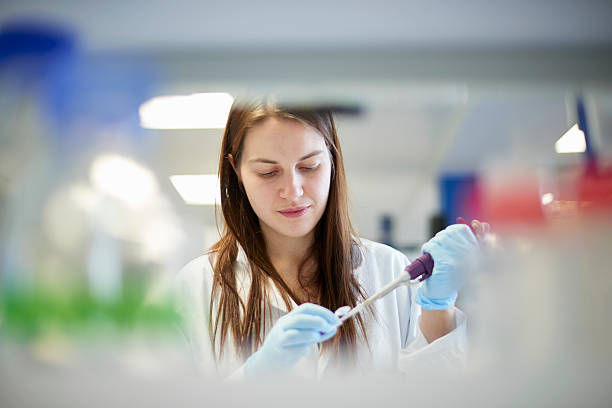Researchers reveal that artificial intelligence, commonly known as AI, has created a potential antibiotic for gonorrhoea and MRSA, both of which can cause infections if they enter the body. This drug has shown success in killing superbugs in animal tests and laboratories. MIT, the Massachusetts Institute of Technology, states that AI’s potential in antibiotic discovery could mark the start of a “second golden age.”
The overuse of antibiotics has led to bacteria generating an immune system and having infections that are more resistant to antibiotics, causing more than a million deaths over the years.
With the use of AI, researchers have attempted to find possible chemicals already known to create new antibiotics. Now taking a step further, the MIT team has begun using generative AI to develop antibiotics for both MRSA (methicillin-resistant Staphylococcus aureus) and gonorrhoea, a sexually transmitted infection.
Published studies have shown that 36 million compounds have been scrutinized. AI has been trained to analyze these compounds’ chemical structures and their data to find possible slowness in growth for bacteria of any species. Through the training, AI has learned how different molecular structures, built from atoms of oxygen, carbon, hydrogen, and nitrogen, affect bacteria.
In addition, two designs of antibiotics were made. One had a great starting point with guidance, while the second gave AI free range. This process took out any similar resemblance to current antibiotics, along with filtering out anything considered toxic to humans.
From MIT, Professor James Collins states, “AI can enable us to come up with molecules, cheaply and quickly, and in this way, expand our arsenal, and give us a leg up in the battle of our wits against the genes of superbugs.” Although resulting in potential drugs, it will take about two years of refinement and clinical trials until it’s tested by humans and prescribed to the public.
















